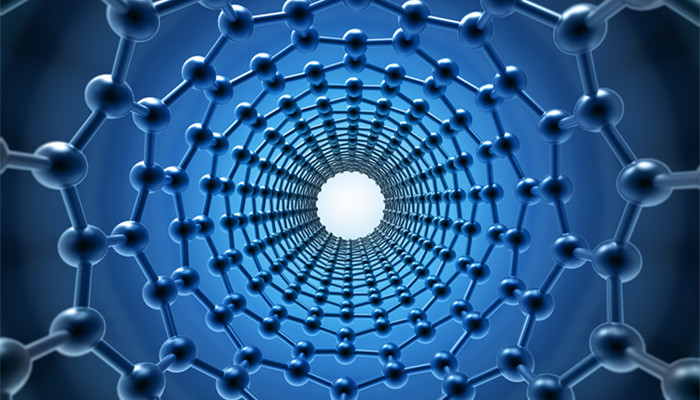
Aluminum gallium nitrogen AlGaN is an important deep ultraviolet luminescent material with broad prospects in the field of sterilization and disinfection.
Aluminum gallium nitride (AlGaN), also known as aluminum gallium nitride, is a ternary compound composed of aluminum, gallium, and nitrogen. It is a nitride semiconductor and an important wide bandgap semiconductor material. In addition, it also has electron affinity Extremely low and excellent chemical stability. Aluminum gallium nitride is an important deep ultraviolet luminescent material with great development potential in the lighting market.
UV (ultraviolet) is divided according to wavelength and can be divided into three categories: UVA (320-400nm), UVB (280nm-320nm), and UVC (200nm-280nm). Among them, UVA is mainly used in the field of photocuring, and UVB is less commonly used. , UVC can kill bacteria and viruses in a short time. UVC mainly uses aluminum gallium nitrogen as the luminescent material and can be widely used in medical, home appliances, environmental protection, food processing and other fields. It is used to disinfect and sterilize medical equipment, food processing equipment, household disinfection cabinets, water dispensers, air conditioners and other equipment, as well as processing, etc.
According to the “2021-2025 Aluminum Gallium Nitride (AlGaN) Industry In-depth Market Research and Investment Strategy Suggestions Report” released by the Industrial Research Center It shows that in 2014, the global UV LED (ultraviolet light-emitting diode) market size was approximately US$130 million. Benefiting from the rising demand for light curing and sterilization and disinfection, the global UV LED market showed rapid growth from 2014 to 2020. By 2019, the market size grew to $480 million. In 2020, the COVID-19 epidemic broke out. UVC can effectively inactivate the COVID-19 virus, and the growth rate of UV LED demand further accelerated. Driven by the UV LED market, demand for aluminum gallium nitrogen has grown rapidly.
Traditional sterilization and disinfection UV lamps are mainly gas mercury lamps, which contain toxic mercury substances and have shortcomings such as slow start and stop speed, short service life, low UV efficiency, and high energy consumption. The performance of deep ultraviolet LEDs made from aluminum gallium nitrogen has been greatly improved. It has the advantages of high ultraviolet efficiency, fast start and stop speed, long service life, and low energy consumption. Therefore, it has huge market potential in replacing traditional UV lamps. In addition to its sterilization and disinfection functions, deep ultraviolet LEDs can also be used in optical communications and other aspects.
The number of institutions researching aluminum gallium nitrogen around the world is increasing, such as Tohoku University in Japan, Israel Institute of Technology, King Abdullah University of Science and Technology in Saudi Arabia, Ningbo Institute of Materials, Chinese Academy of Sciences, etc. Tohoku University in Japan has manufactured an LED based on aluminum gallium nitride. The strong movement of electrons and holes in the microchannel and quantum well layers improves the efficiency of the LED in converting electrical energy into light energy; a team from King Abdullah University of Science and Technology in Saudi Arabia has developed a nanoparticle Meter-scale aluminum gallium nitride (AlGaN) light-emitting device. The continuous emergence of new research results will promote the continuous technological advancement of the aluminum gallium nitrogen industry.
Industry analysts said that aluminum gallium nitride is an important semiconductor material and deep ultraviolet luminescent material that can be used to manufacture UV LEDs. It is used in the field of sterilization and disinfection and is widely used in medical, home appliances, environmental protection and other industries. However, UV LEDs are more expensive, and products with shorter UV wavelengths are more expensive. This is because aluminum gallium nitride has low luminous efficiency and it is difficult to develop UV LEDs. Therefore, UV LEDs currently made of aluminum gallium nitride are made of aluminum gallium nitride. Applications are subject to certain restrictions, and the market size accounts for a relatively small share of the overall UV LED market.

 微信扫一扫打赏
微信扫一扫打赏

